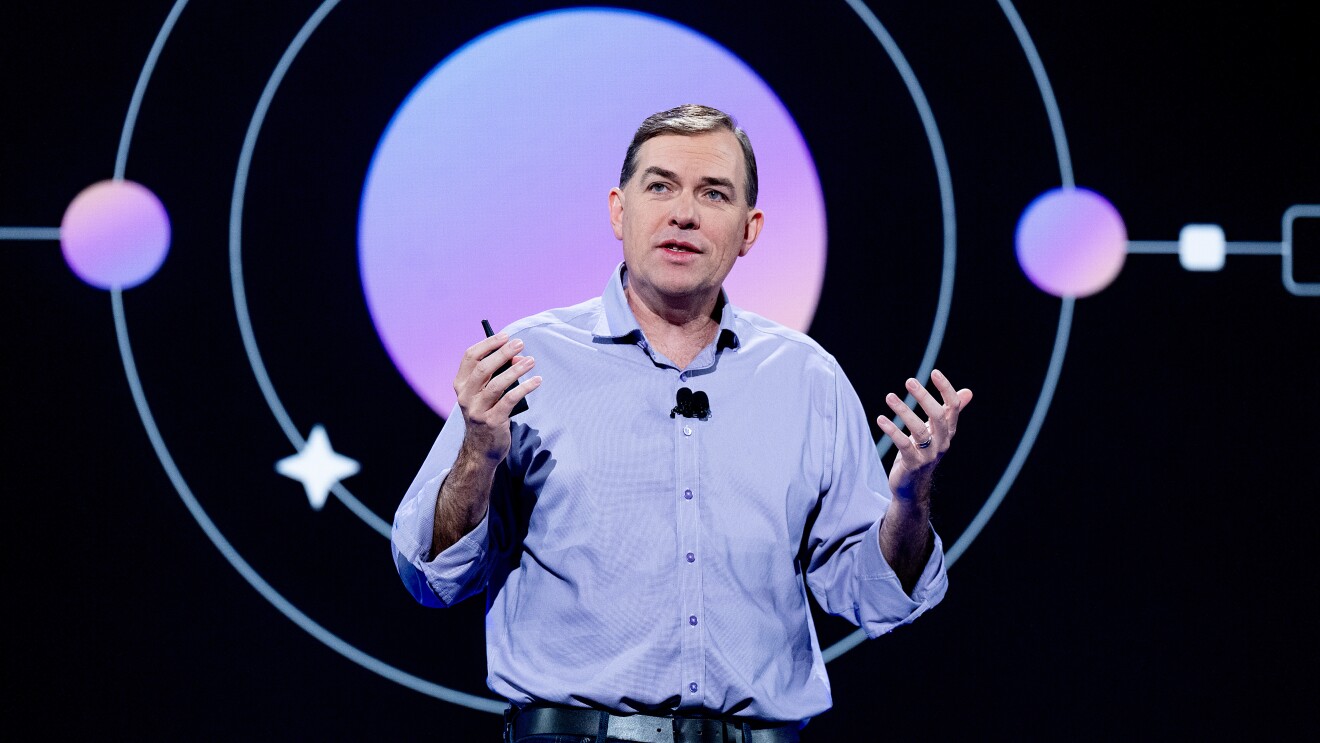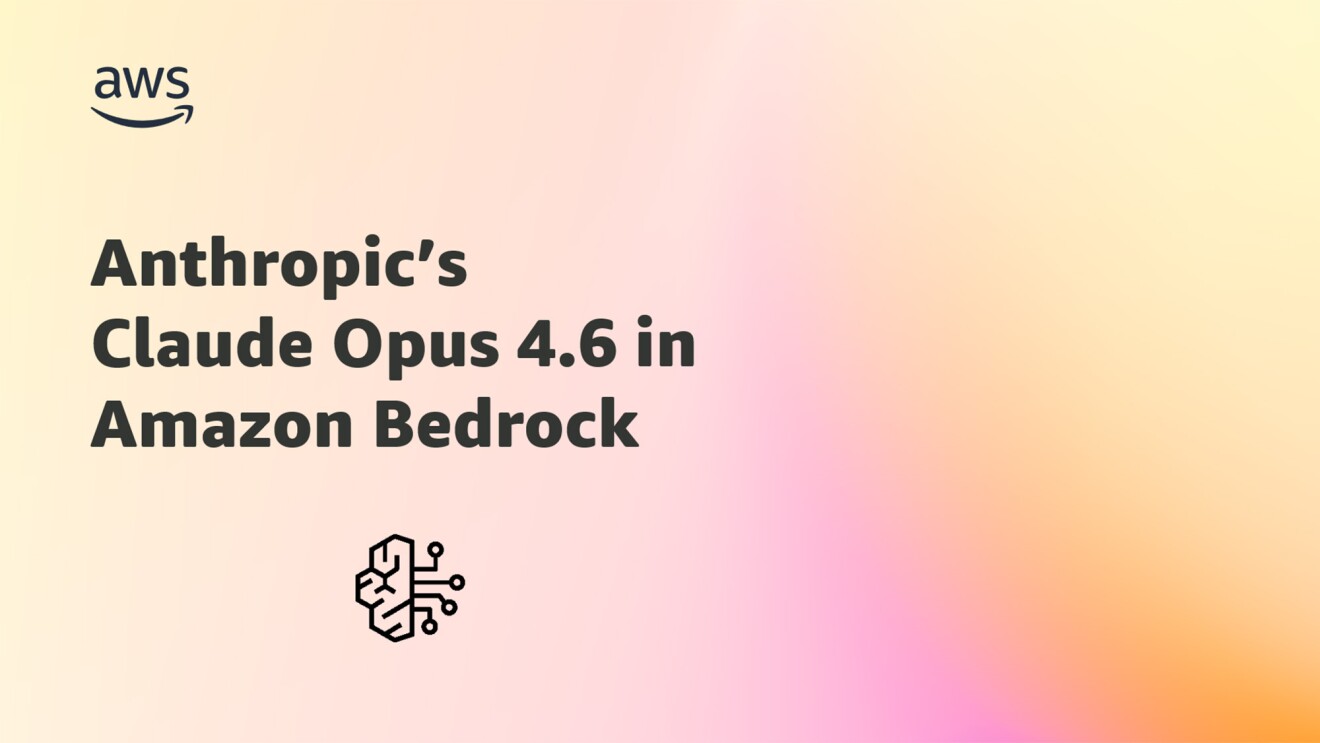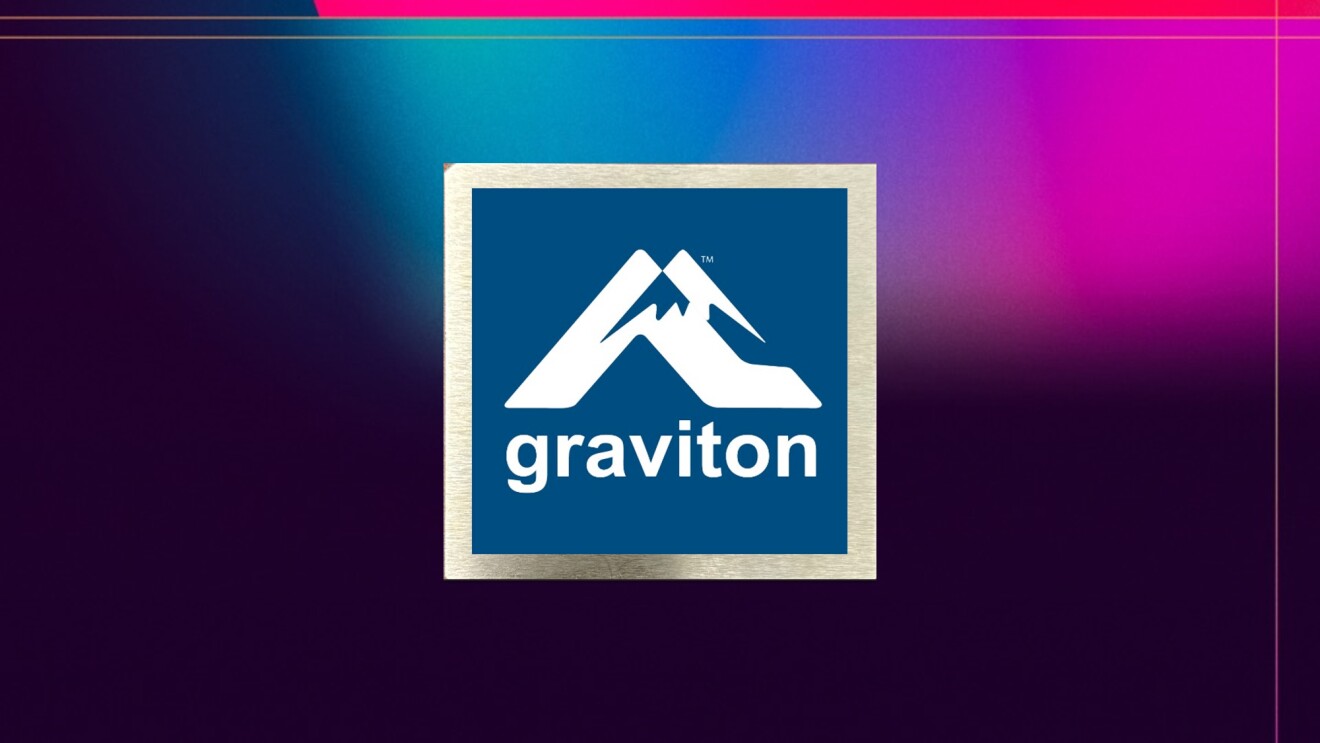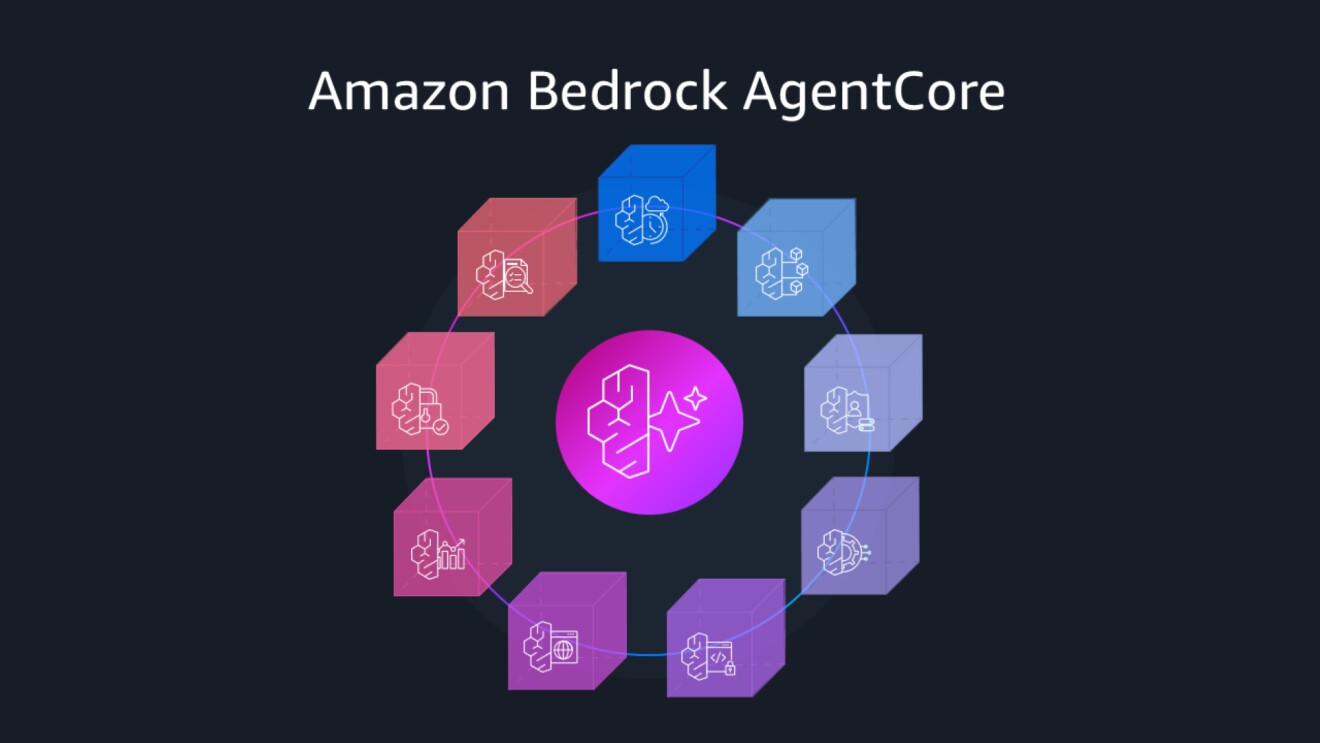Dave Salvant and Songe LaRon didn’t set out to be barbershop owners. They didn’t even know how to cut hair. What they did know was that they, and every other guy in need of a trim, faced the same problem: In a world where you could tap on your phone and practically anything you might want magically appeared, you still had to wait in line for a haircut.
That inconvenience sparked an idea for the young entrepreneurs. They bought a barbershop and started to build Squire, a platform that helps barbers and barbershop owners manage their businesses. The startup, built on Amazon Web Services (AWS), has steadily grown—including during the pandemic—and is currently valued at $250 million after raising $59 million in its last funding round.
Salvant will be taking part in the Black Enterprise 40 Under 40 Summit on Thursday, May 20, speaking during a panel discussion, The Blueprint for Success—Building A Transformative Business with Amazon. But to get a taste of what attendees can expect to hear, Salvant recently sat down with Amazon to discuss how he and LaRon set up one of the most talked-about startups of the year.
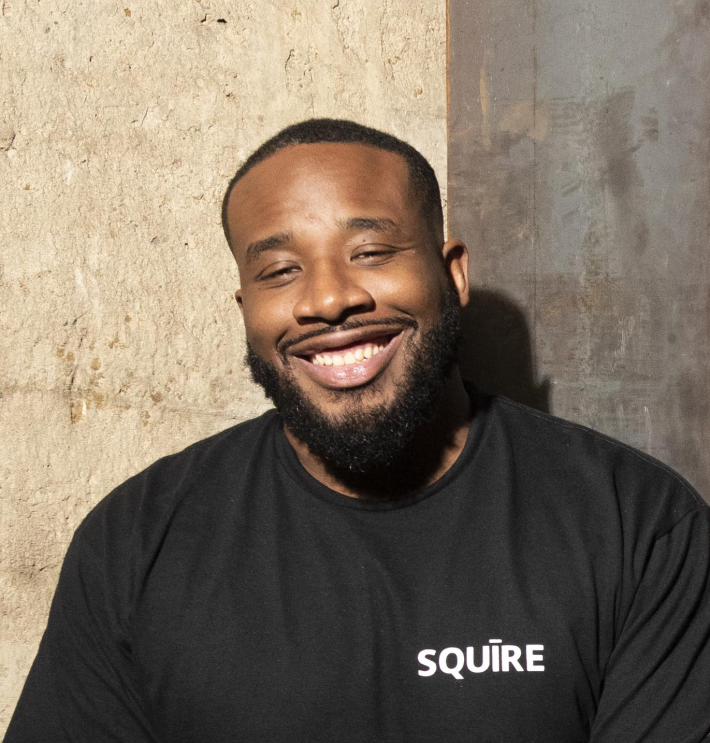 Dave Salvant will be speaking during a panel discussion at the Black Enterprise 40 Under 40 Summit.
Dave Salvant will be speaking during a panel discussion at the Black Enterprise 40 Under 40 Summit.The summit will celebrate and amplify the voices of Black millennials who are moving, shaking, and disrupting their industries. The Amazon-sponsored event is free, virtual, and open for registration to anyone, anywhere in the world.
How did you come up with the idea for Squire?
Back in 2015, my co-founder Songe and I were busy professionals in New York City. Every couple of weeks, sometimes every couple of days, we had to get a haircut. The process was difficult. You had to call or text your barber. You had to go to the barbershop and wait in line, and you had to pay cash. There were platforms for ride sharing, for booking dinner, but nothing to book a haircut. Barbering is among the world’s oldest professions, and in many ways it hadn’t changed over time. We thought the barbershop was an archaic business model that was ready for modernization. We decided to do something about it. So we were actually solving for ourselves and making it easier for us to get a haircut.
Where did you start, and what risks were involved?
We weren’t typical software folks, but we were very entrepreneurial. We had no experience in barbering, so we ended up running a barbershop to gain that perspective. We knew someone who owned a shop that was about to close down. We took over the lease, which meant getting a big bank loan. It was high stakes. But when an opportunity arises, you need to take advantage of it. We took a bet on ourselves. The shop was in the red when we started, and within six months, we’d brought it into the black. For us, it confirmed that we could improve the operational efficiency of the business. Being able to say we ran a barbershop also brings a lot of validity to what we do today. It holds weight within the community. And the community is what we’re here for.
People underestimate the power of the human spirit. If you’re focused and determined, you can overcome almost anything.
What problems did you face?
Our first product idea was for an app that would help you find a barber and a barbershop, but you couldn’t book, or pay. We soon figured out this wasn't a good customer experience, because while we would work really hard to send a client to a barber, they would still have to sit down and wait. The only way we figured any of this out was through the trials and tribulations of having a barbershop. It meant we ended up building a much more comprehensive product, a kind of one-stop shop that offers everything from online booking to payroll to customer relationship management. With Squire, barbers essentially use our back-end system to run all administrative aspects of their business. We free them up to do what they do best, which is cut hair, and their clients have a much better experience. You have to ask your customers what they think, be open to feedback. You can’t be afraid to mess up. If you make a mistake, you need say, “I was wrong, this hasn’t worked. Let’s go in a different direction.”
How did you get through the problems?
If you know anything about early stage startups, you know you have to do whatever needs to get done. The fire hose is coming at you and you’re just trying to keep up as best you can. When we were running the barbershop, there were plenty of times when I had to go and work the front desk, because the person we hired just didn't show up. Even when we’d got into some of the world’s most competitive accelerator programs, it was still difficult. We needed money and we didn't have any. We had to grind it out. When Squire was still in its infancy, there were times when the system kept crashing, and our customers would threaten to leave. I remember once I drove all the way to Sacramento to pay some of them to stay on the platform. They were well known in the barbering community and we couldn’t afford to lose them, from both a financial and a reputational perspective. We were really on the brink a few times, but we knew if we could get through it, we could be successful. People underestimate the power of the human spirit. If you’re focused and determined, you can overcome almost anything.
Community is right at the core of our business, it’s what keeps driving us forward.
Your customers rely on in-person visits. What happened when COVID-19 hit?
When the pandemic started, many of our customers had to close their doors. We saw an opportunity to create new products and services to help them keep their businesses going. These included a waiver form to assess people for COVID-19 symptoms; a virtual waiting room, so clients didn’t need to physically queue in the barbershop and would instead receive a text when it was their turn to go in; and a function that allows clients to pay immediately on the app without having to go to the front desk. Thanks to AWS, we were able to build and release all of these in under eight weeks. Our customers have really appreciated this. It’s why they’ve stayed with us, and it’s one of the reasons we’re growing so quickly. We raised another $59 million in funding in December. For me, that’s a testament to our ability to know our customers, and to react quickly. Investors believe in what we're doing.
How have you assessed financial risk, for both Squire and its customers?
Both Songe, my co-founder, and I come from humble beginnings. We didn't have much money growing up. We understand that financial security is something most people are striving for. If you’re a small business owner, you’re taking a risk. You need tools and products to help you. We believe that our customers, as with so many small businesses, are both underbanked and overlooked. It’s why we’ve partnered with major banks to help facilitate COVID-19 relief packages and loans for them. We also waived our subscription fees. So we not only introduced features that were essential to our customers’ operations, we also provided some economic support. I think as Squire continues to grow, we’re going to do more in financial services in this way. We’re committed to providing more solutions for our customers, to help them operate collectively, to compete against bigger players. Community is right at the core of our business, it’s what keeps driving us forward.
What’s next for Squire?
We’re currently building a machine learning platform on AWS that will automatically realize when someone is due for a haircut and alert them when it's time to book. Knowing your optimal time to get a haircut does two things. First, it keeps you looking sharp; and second, it keeps a butt in the barber’s seat. Most people forget they need a haircut and push it out by a week. Over a year, that's probably one or two fewer haircuts than they would have had, which would have brought revenue to the barber. We want to keep you looking good and keep putting revenue in your barber's pocket. It’s these types of ideas, using technology and data, which push us into the future.
The Black Enterprise 40 Under 40 Summit takes place on Thursday, May 20. To register, visit https://40under40.blackenterprise.com/en/registration.
At Amazon, we believe the future of tech is diverse, inclusive, and accessible. Learn more at We Power Tech.


